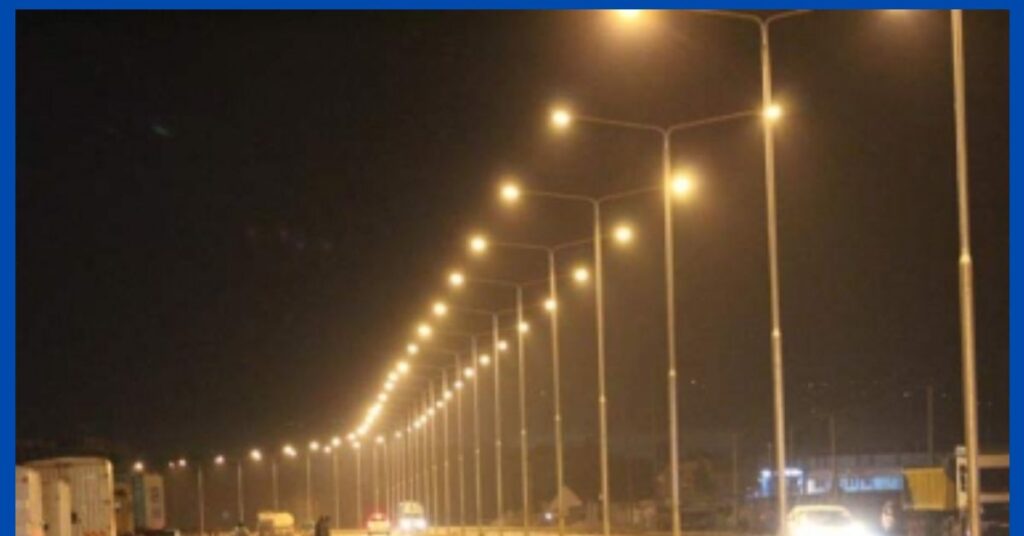Parliament Proposes Additional Electricity Charge to Fund Street Lights
Electricity consumers in Kenya may soon face an additional charge on their monthly bills in the form of a new levy aimed at funding street lighting. If a parliamentary report is approved, this levy, named the Street Lighting Infrastructural Support Levy (SLISL), will be introduced within six months, according to the National Assembly Committee on Energy.
The revenue generated from this levy will go toward installing street lights nationwide, enhancing security, and supporting a 24-hour economy without putting further financial strain on Kenya Power, the country’s primary electricity utility.
The levy is expected to slightly increase electricity costs, adding to existing consumer complaints about high bills, which include charges for unused electricity. However, it would reduce Kenya Power’s financial burden for the street lighting initiative, especially as the utility faces challenges collecting payments from county governments.

“Within six months of adoption of this report, Epra institutes a review of the pass-through costs to introduce a Street Lighting Infrastructural Support Levy (SLISL) as a minimal pass-through cost in electricity bills across all consumer categories,” the report states.
“It (SLISL) would be specifically allocated to fund the street lighting projects to guarantee the sustainability of the vital programme and reduce the financial burden on Kenya Power,” it adds.
Kenya Power revealed in its latest report that it has stopped relying on county governments for payments and now depends on the National Street Lighting Programme. This move follows a significant rise in unpaid street lighting bills, which grew to Sh808.6 million in June, up from Sh641.8 million the previous year.
Since 2014, Kenya Power has managed the street lighting project to illuminate roads, industrial zones, and residential areas. The initiative offers discounted electricity rates for street lighting, with the current rate set at Sh9.23 per unit, far lower than the Sh12.23 per unit charged to subsidized domestic consumers.
Despite its potential benefits, the proposed levy raises concerns. Currently, electricity bills already include seven other charges, such as the fuel cost charge, forex adjustment, and rural electrification levy, which contribute to the high cost of power in Kenya.
Additionally, the SLISL may drive up inflation, as producers often pass electricity costs onto consumers through higher prices for goods and services. Critics fear this new levy could reverse recent gains in electricity affordability, where households have seen an increase in the number of units purchased for the same amount of money.
Comparisons are being made to similar government levies like the road maintenance levy, which raises funds through petrol and diesel charges. However, lawmakers have yet to disclose the specific rate of the proposed SLISL, leaving consumers uncertain about the exact financial impact.

In Other News: More Trouble: Joho, Attorney General Named In New Petition As Fresh Accusations Surface
Parliament Proposes Additional Electricity Charge to Fund Street Lights

